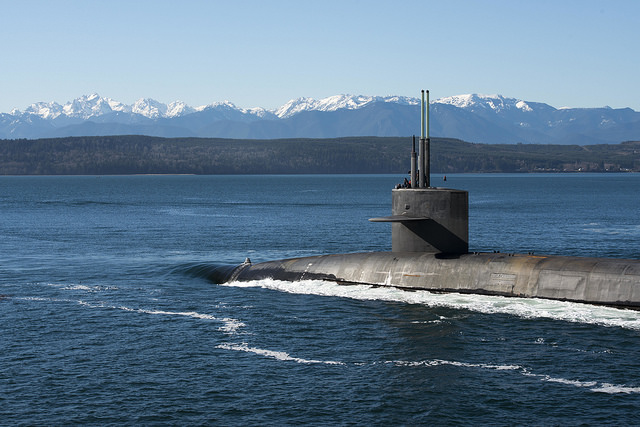



"*" indicates required fields

In this open letter to the Department of War, ASP and over 70 signatories share a set of evidence-based policy recommendations to counter military obesity and strengthen force readiness and resilience.

The staff and board of the American Security Project are deeply saddened to share the news that a long-time member of the board of directors, Vice Admiral Lee Fredric Gunn, USN (Ret), passed away in December.

Industry-led voluntary reporting of novel AI-assisted risks, threats, and harms is critical to the global development of ethical technologies and norms. A review of thirty AI companies in the U.S. and China finds that American firms maintain far more transparent, accountable, and robust threat reporting practices than their Chinese counterparts.


Despite the historical likelihood that the regime will succeed yet again at putting this protest down in murderous fashion, the one current factor ...

The military needs new, evidence-based policies to counter obesity in the ranks while maintaining much-needed manpower.

Expanding de-dollarization efforts threaten U.S. economic influence overseas, but they are unlikely to produce serious results any time soon.

Unless the U.S. wants a world where nuclear testing is commonplace, it should avoid resuming nuclear testing.

To counter rapidly advancing cyber threats, the U.S. must urgently reauthorize and strengthen key cybersecurity legislation.

Additional approaches are needed to counter the production and trafficking of nitazenes by China-based transnational crime groups.


America is at a critical period in our strategic competition with China, and ground zero in the fight is the battle over AI supremacy.

The spread of nuclear weapons and increasing numbers of nuclear forces worldwide represents the greatest danger to mankind.

ASP's energy security research covers the spectrum of energy sources, from nuclear, wind, and solar, to fusion and other innovative technologies.

Through research and public engagements, ASP is fostering dialogue and building consensus on the national security impacts of climate change.
ASP’s newsletter is a weekly publication that includes updates on our activities, feature stories, events, and commentary from leadership and staff on the national security issues of our time.